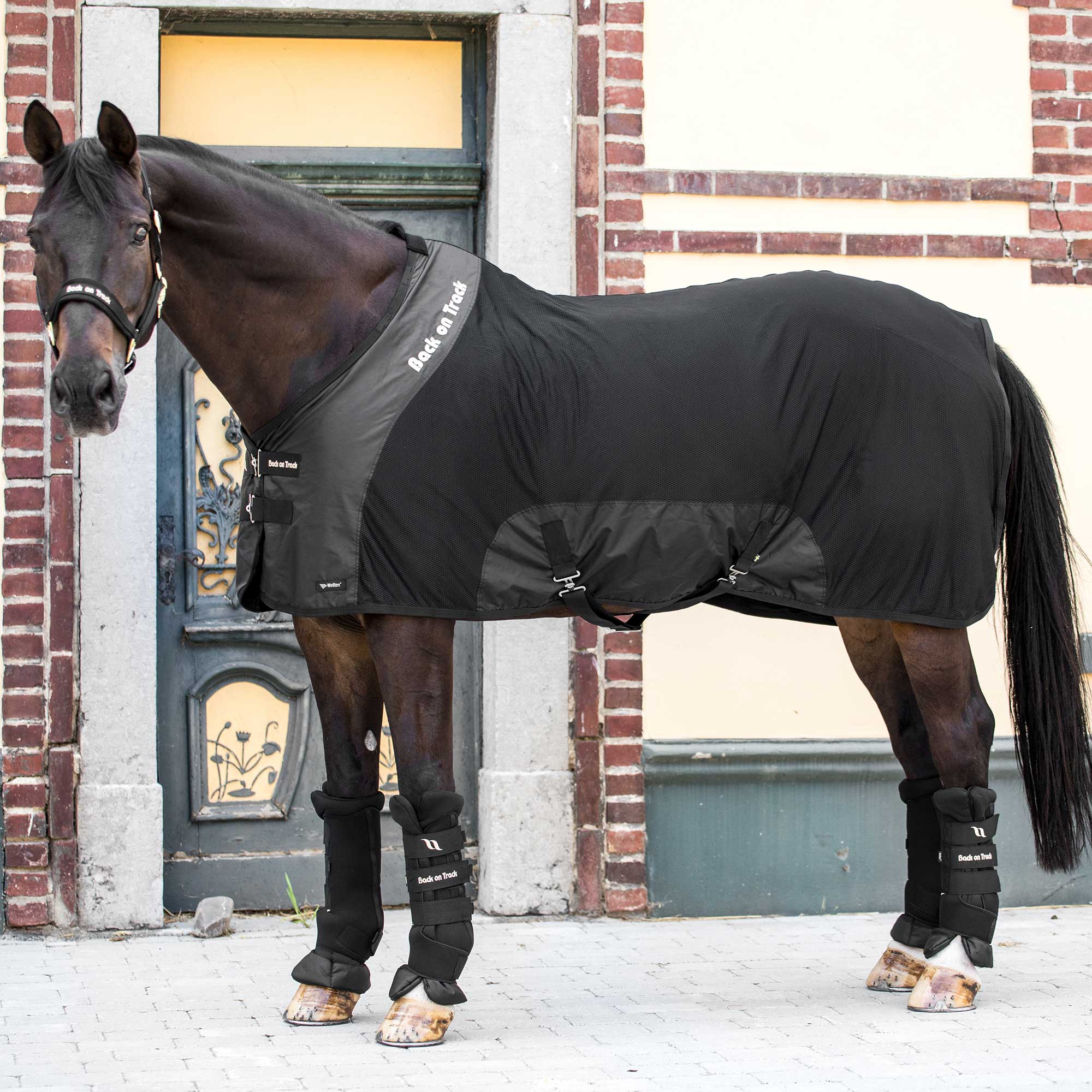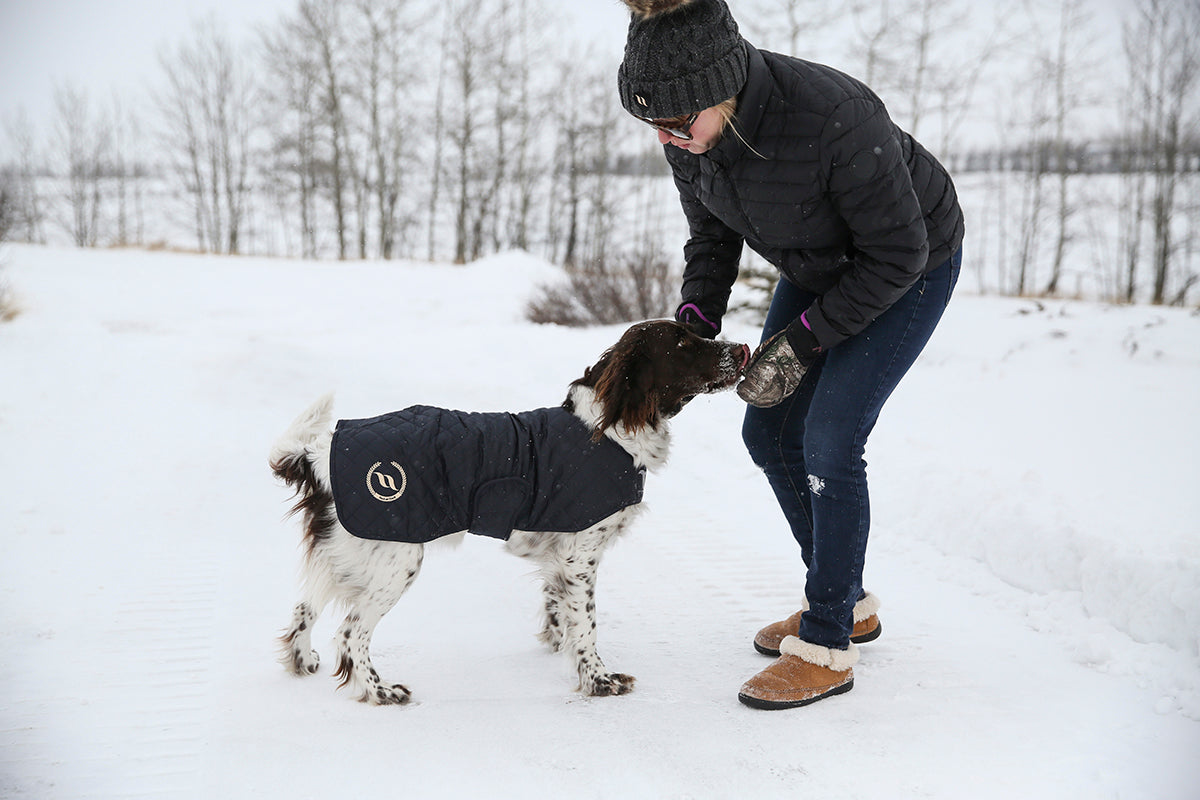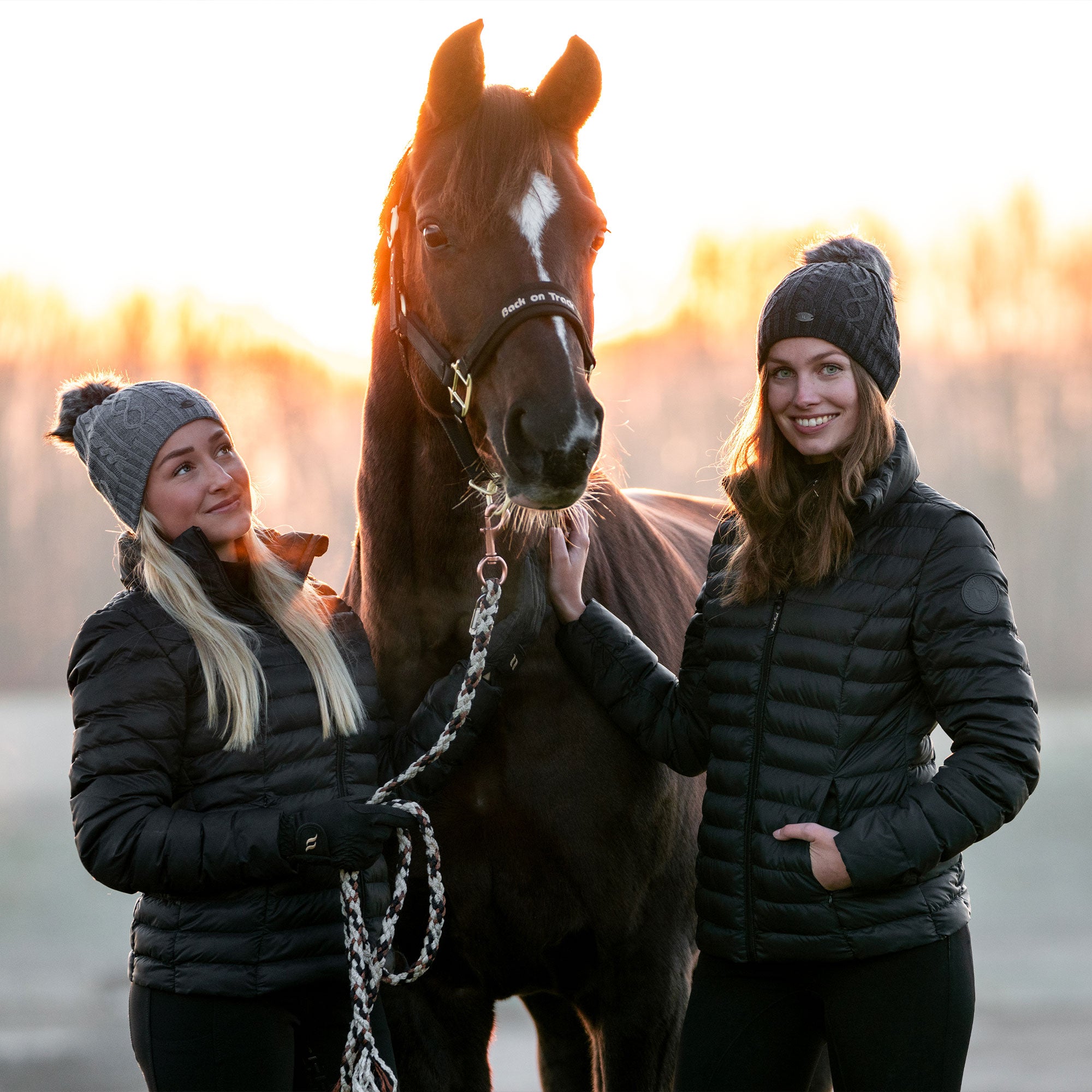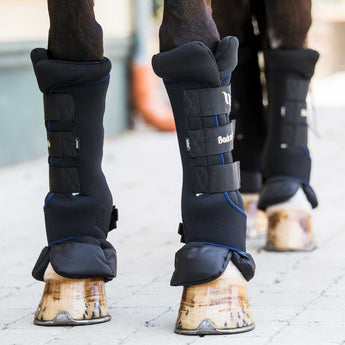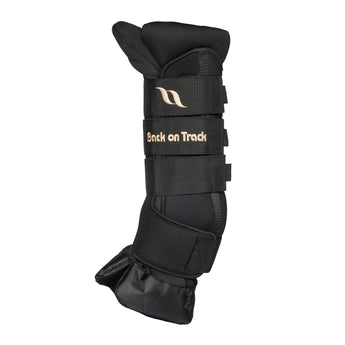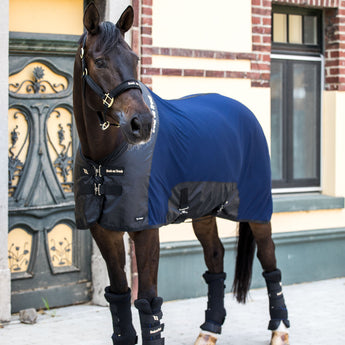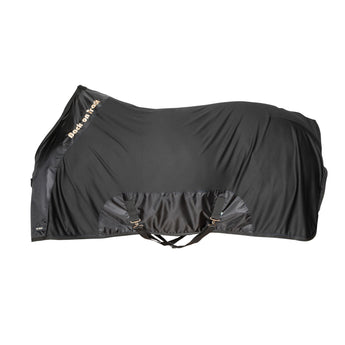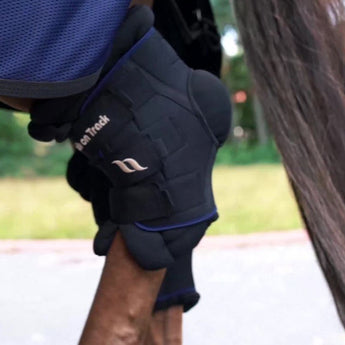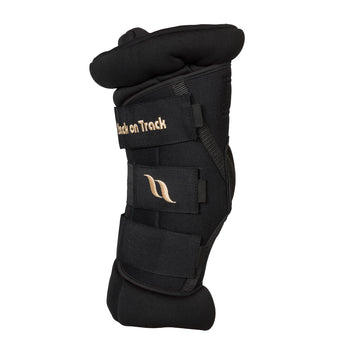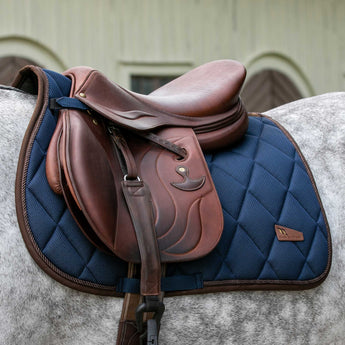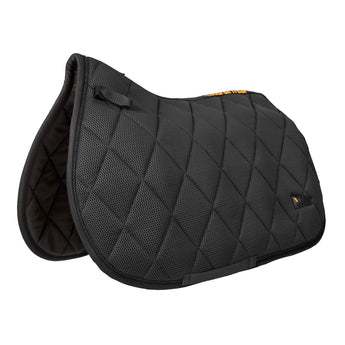Published: May 13, 2020
Recovering from surgery can be a difficult experience, for pup and person alike. Whether it’s a standard procedure such as being spayed or neutered or a more intensive operation that requires an overnight vet visit, undergoing surgery is never a very pleasant task. However, certain surgeries are quite common for both young and old dogs. While the overall process can be quite taxing, knowing how to care for your dog after surgery can help make the experience slightly less stressful. This guide explores three key tips for how to care for your dog after surgery to ensure their maximum comfort throughout the entire experience.
Limit movement
The most important thing for your pup postsurgery is to limit movement as much as possible. This may not always be easy, especially if you have a particularly rambunctious pooch, but laying low for a few days after surgery is the best way to ensure a speedy recovery. Chances are that your pup won’t feel much like running and playing after surgery anyway. Allow your pup to sleep off the surgery and lounge around the house for a few days as they begin to reacclimate to life postsurgery. Limiting movement is crucial for all types of surgery but is perhaps most important for leg surgeries. Leg injuries are some of the most common ailments for dogs of all sizes, and leg surgery is quite common as a result. Try to keep your dog off their feet as much as possible following their leg surgery and wrap the injured leg in a dog leg wrap to help ease pain and aid recovery. As your dog’s strength begins to return, you can start incorporating light exercise back into your daily routine. Remember to take things slow at first. Your dog must learn to walk again before they can run and play as they did before.
Monitor eating habits
Be aware that your dog’s eating habits may change slightly after surgery. While this is not altogether uncommon, it is still important to note. A slightly decreased appetite is not necessarily cause for concern, as it will likely take a while for your pup to begin feeling like themselves again. However, drastic changes in eating and drinking habits should be noted. This may be a sign that your pup is in severe pain and they may be averse to eating as a result. If you begin to notice such changes in their eating habits, be sure to consult your veterinarian. They will be able to offer more specific advice regarding your pup’s recovery, pain, and eating habits.
Care for wounds
For many pet owners, the hardest part of caring for a dog postsurgery is ensuring that they don’t tear the incision site. Be sure to monitor your dog closely to ensure that they are not licking, scratching, rubbing, or biting at the wound. Doing so will cause the wound to heal more slowly and can even cause infection or additional pain for your pooch. Be sure to also consult your veterinarian regarding care and cleanliness of the wound. You may be required to clean or apply a salve to the wound to help aid recovery.

